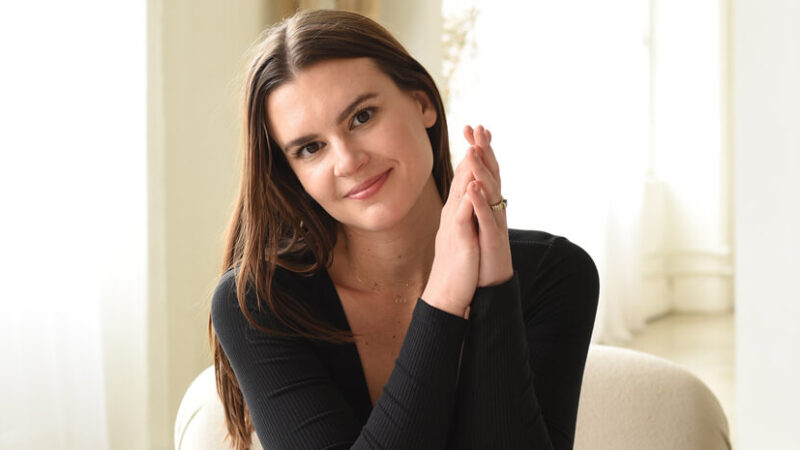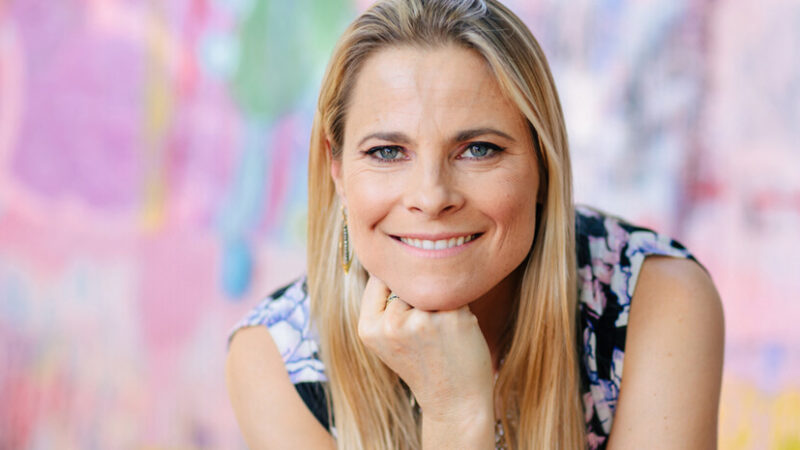Kate Van Horn: The Inner Tarot
Newcomers to tarot often feel a measure of trepidation or uncertainty. A reading might show you things you’re not eager to see—which is exactly why the cards can serve as one of our greatest tools on the journey of self-discovery and healing. With her new book, The Inner Tarot, Kate Van Horn offers a gentle, practical handbook for any level of experience to help demystify the tarot and work with the cards as a trustworthy companion on your life’s path.
Give a listen to this illuminating podcast with Tami Simon and Kate Van Horn as they discuss: overcoming the wounds of generational trauma; alchemizing your shadow; the tarot as a living object; channeled writing and spirit connections; numerology as a foundation for reading tarot; understanding the four elements: earth, fire, water, and air; the grace and gift of self-compassion; reading tips for beginners; the minor and major arcana; a tarot reading for today’s times; knowing how to course correct; restoring our fragmented energy; avoiding the habit of “panic pulling” cards; discernment in working with intuitives; reading physical spaces; and more.
Note: This episode originally aired on Sounds True One, where these special episodes of Insights at the Edge are available to watch live on video and with exclusive access to Q&As with our guests. Learn more at join.soundstrue.com.




